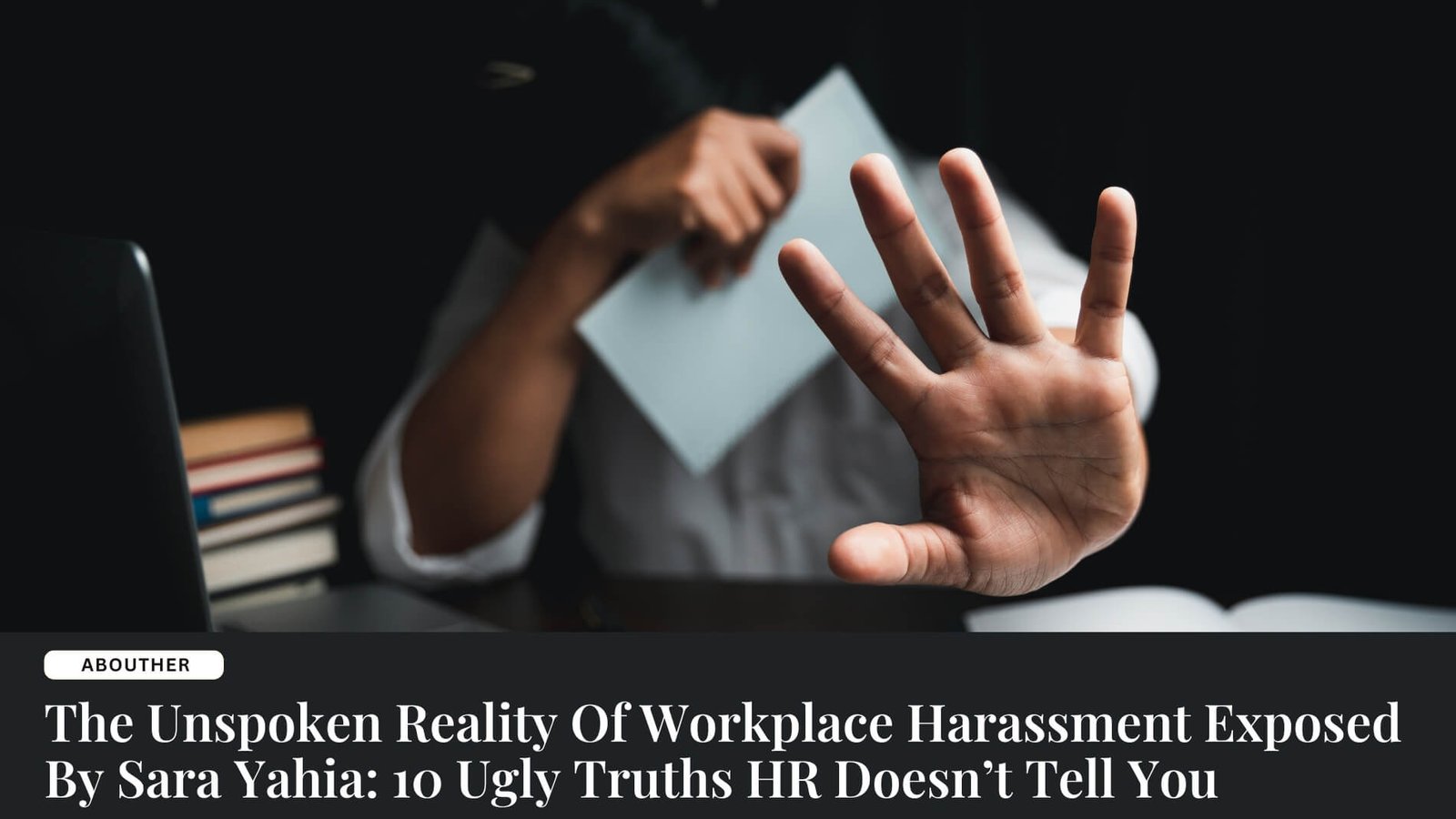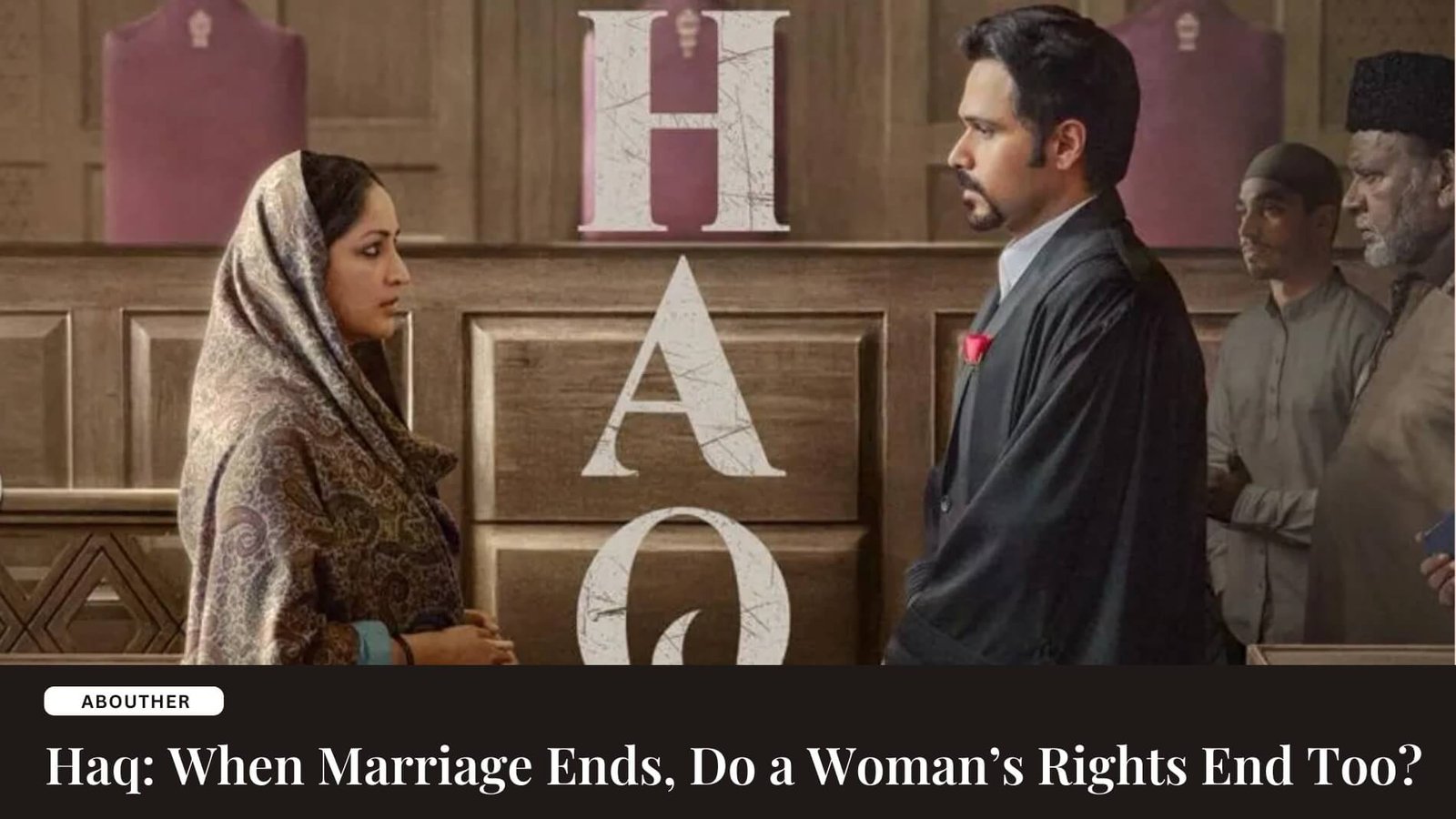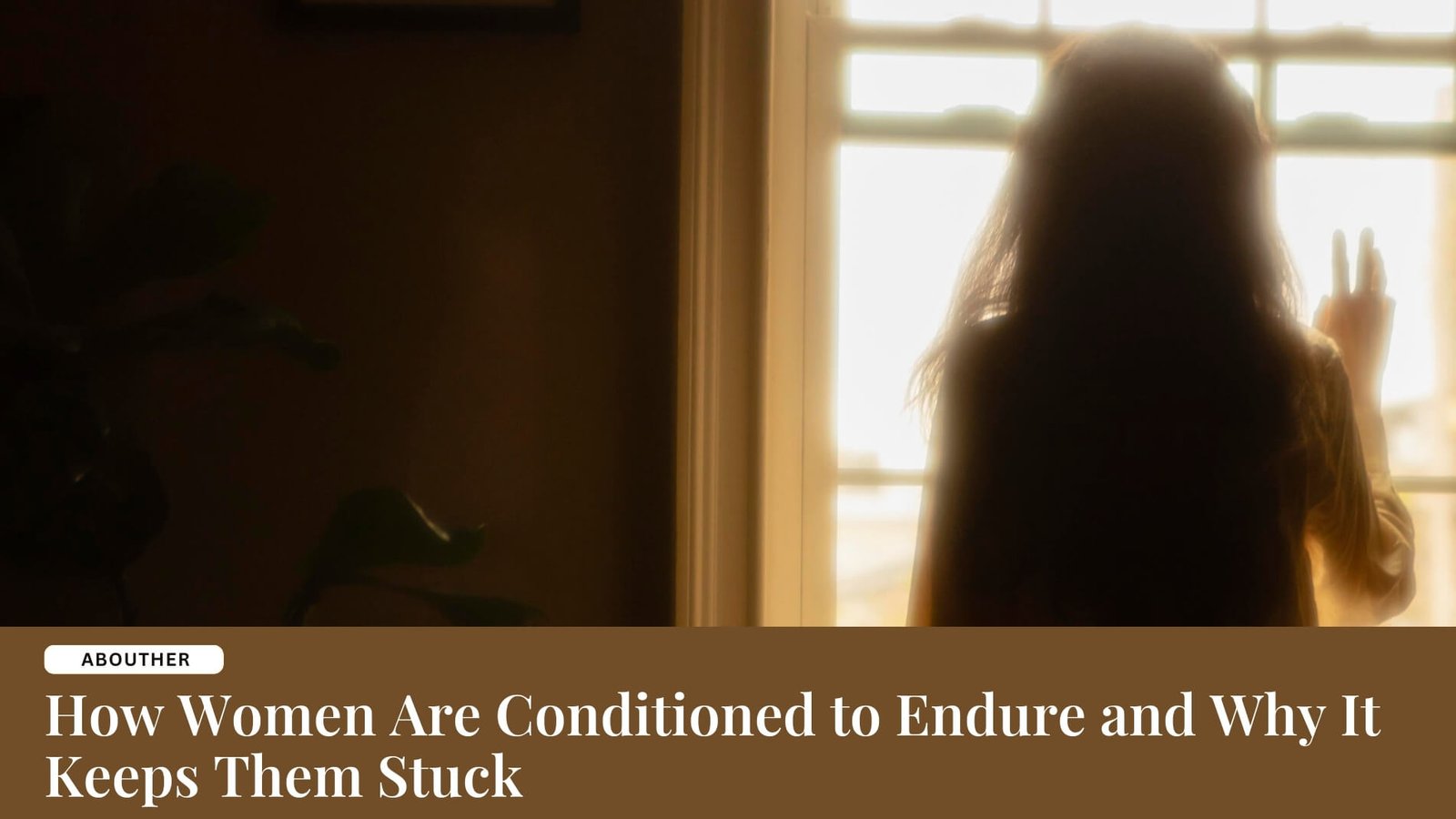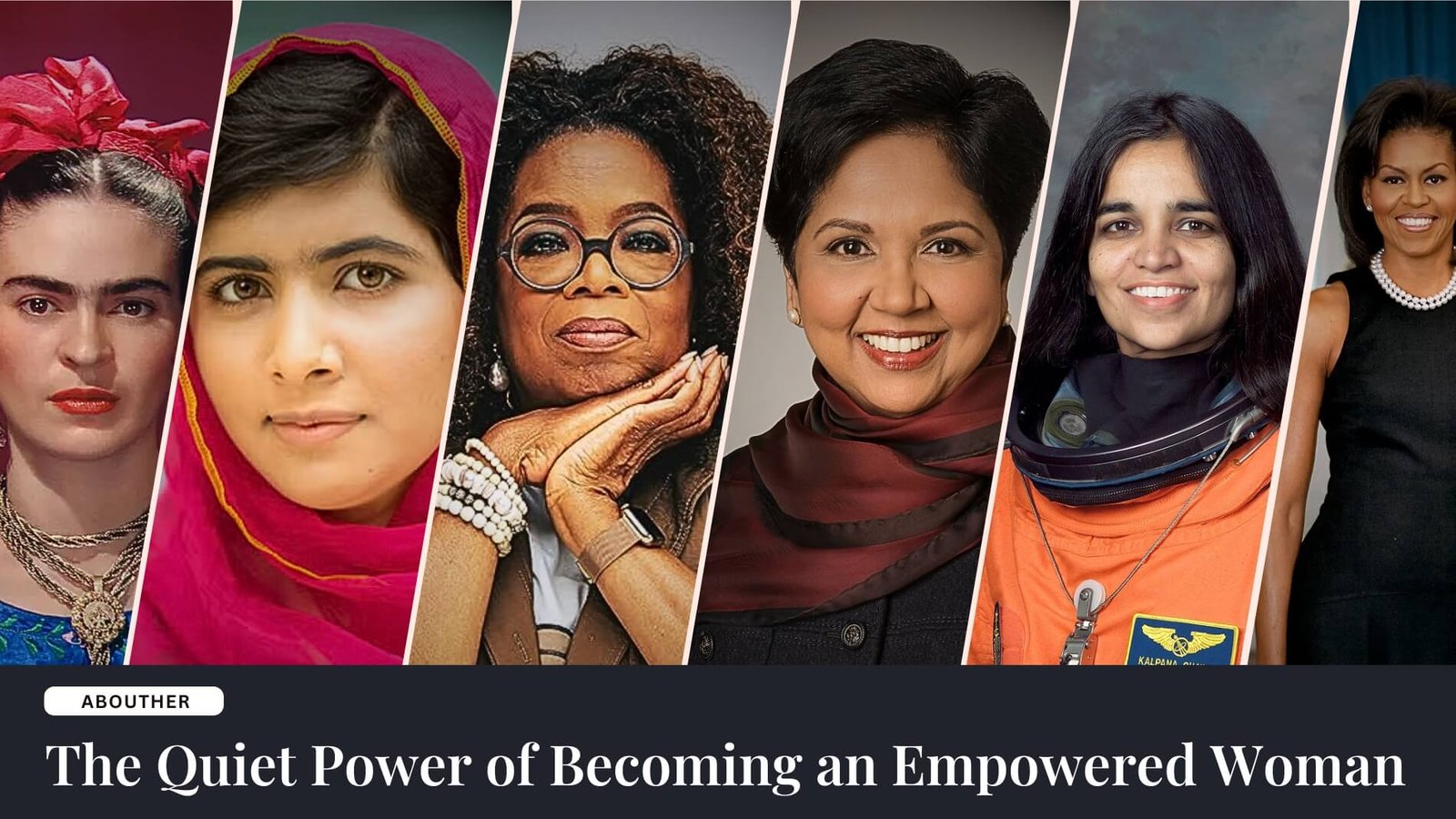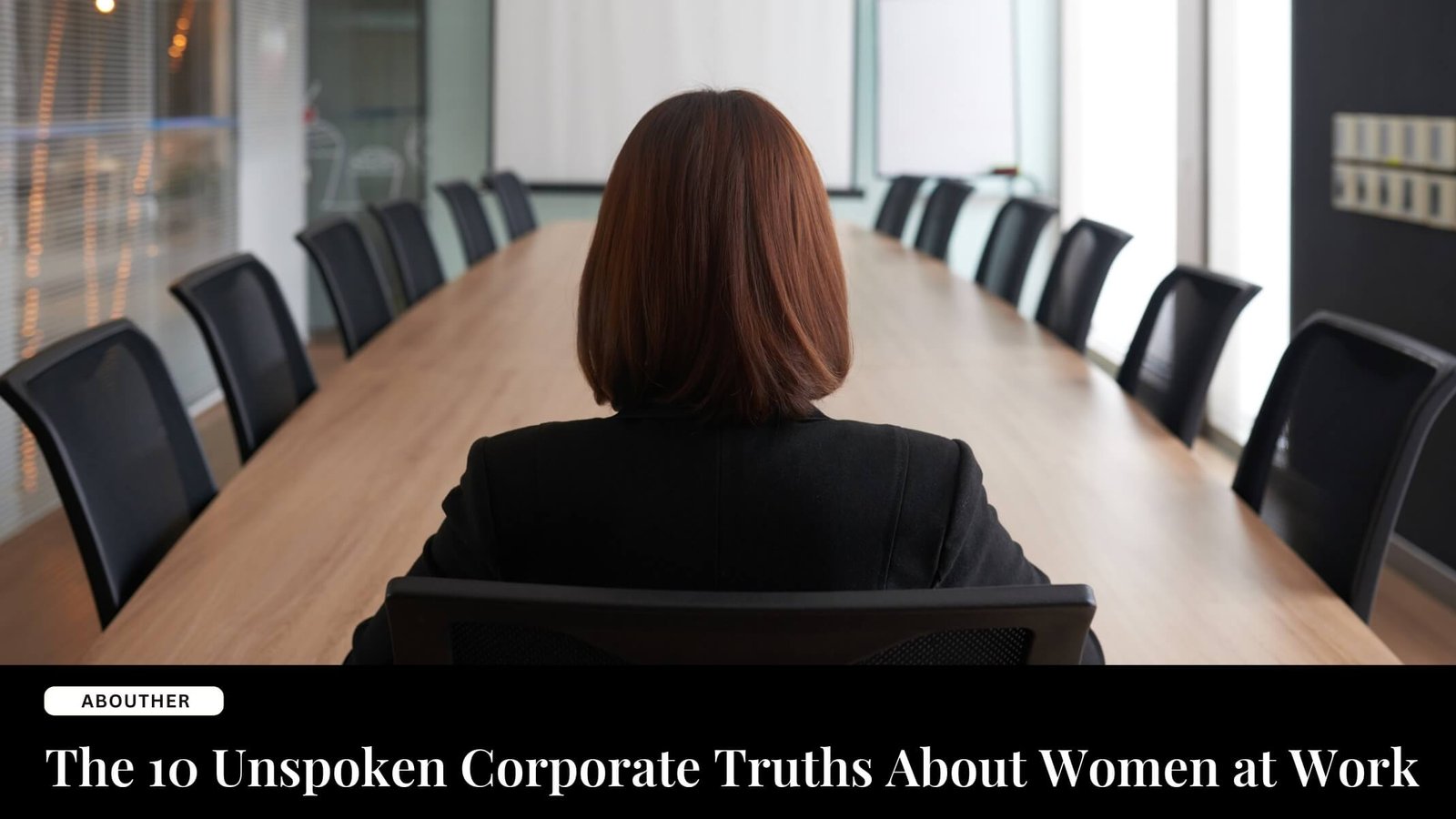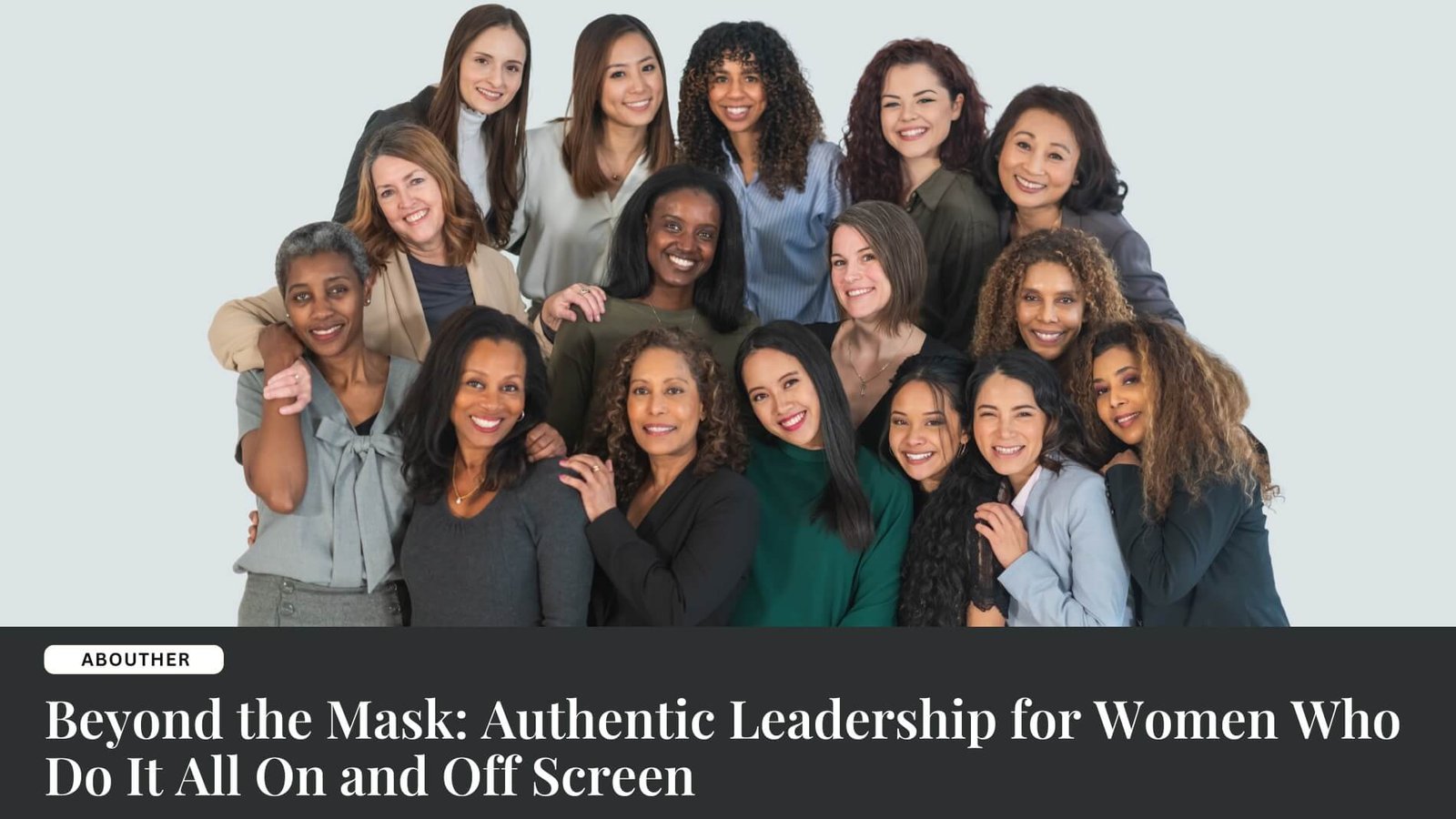The Unspoken Reality Of Workplace Harassment Exposed By Sara Yahia: 10 Ugly Truths HR Doesn’t Tell You
Here are the truths you need to know written by an HR insider who’s seen what happens when the doors are shut and the “official story” doesn’t match the truth.
Every time a company gets caught up in a scandal (sexual harassment, abuse of power, a toxic boss), there’s a predictable playbook. A polished statement. A promise to “investigate.” A fresh round of mandatory training videos. The message is always the same: “This isn’t who we are.”
After more than a decade in corporate HR, I’ve seen the sanitized public image and the messy, uncomfortable truth that lives behind it. I’ve sat in meetings where a victim’s story was reduced to a “reputation risk,” and where an abusive leader was quietly moved into another role because “he delivers results.” I’ve seen coworkers disappear, whispered about, but never defended. And worst of all? I’ve seen how the system bends depending on who you are, not what you did.
So, let’s talk plainly about what happens when harassment and abuse show up at work and what HR usually won’t tell you.
1. If You’re A Rainmaker, The Rules Are Different
There was a senior executive at one company I worked with who brought in millions every quarter. Charismatic, smart, and completely inappropriate with junior female staff. He’d hover too close, make jokes with a sexual edge, and once allegedly sent a text that should’ve gotten him walked out immediately. Instead, he got a “coaching session” and a sabbatical. The victims? One resigned, another transferred. His business value outweighed their trauma. That’s the dirty math.
2. Women Can Be Abusers Too, But It’s Rarely Treated That Way
In one case, a high-level woman in a creative department bullied and belittled her assistant. Public shaming, passive-aggressive emails, and even a rumor that she screamed so loudly in meetings that the cleaning staff avoided her floor. The assistant complained. The response? “She’s just intense. She’s under pressure. Try not to take it personally.” If a man had done the same, we all knew it would’ve played out differently. Abuse doesn’t wear just one gender.
Also Read: Cultivating a Culture of Respect- The Role of Male Allyship in Advancing Workplace Equality
3. Sanctions Are A Sliding Scale
I remember a junior analyst fired over a crude meme he shared in a private group chat. It wasn’t excusable, but compared to the director who had a complaint filed against him by three women and kept his job for another year, this treatment was unfair. Decisions aren’t based on justice. They’re based on corporate politics, who are replaceable, and who HR believes will cause the fewest waves.
4. Whistleblowers Are Quietly Shown The Door
I’ll never forget the woman who came to me in tears after reporting a Vice President’s inappropriate behavior at an off-site. She thought doing the right thing would protect her. Instead, within six months, her role was “eliminated” during a restructuring. The VP? Still there. Sometimes, companies don’t fire you for speaking up; they freeze you out. You’ll notice your projects disappearing, invites drying up, and a quiet campaign to label you “difficult.”
5. Internal Reporting Is A Labyrinth
Technically, yes! You can report to HR anonymously if you prefer. But, what they don’t tell you is that many internal investigations go through legal first. Their job is to protect the company, not the employee. I’ve seen reports get massaged into softer language: “misconduct” becomes “miscommunication,” “harassment” becomes “perception issues.” And if there’s a risk of a lawsuit? Expect to be handed a settlement agreement and a non-disclosure agreement (NDA) faster than you can say “toxic culture.”
6. Legal Loopholes Are More Useful Than You Think
Did you know that in many places, bullying isn’t even illegal unless it’s tied to a protected category like gender or race? So if someone’s tormenting employees but doing it “equally,” there’s often nothing you can do. Arbitration clauses in employment contracts are another trapdoor, keeping complaints out of public courts and behind closed doors, where abusers walk away with clean reputations.
7. The DEI Shield Can Be Misused
There was a case where a senior executive, who checked several diversity boxes, was the subject of repeated complaints about verbal abuse. But behind closed doors, leaders were hesitant. “We can’t afford to lose him right now,” one said. “It’ll look bad externally.” Protecting someone because they benefit your image isn’t equity; it’s exploitation. Real inclusion doesn’t mean trading silence for representation.
8. “Independent Investigations” Are Often Anything But
On paper, hiring an outside firm looks objective. In practice? Those firms are often handpicked by legal teams and paid by the company. I once sat in on an “independent” review where the investigator barely asked the complainant any follow-ups, but spent an hour discussing “context” with the accused manager. Guess who got the benefit of the doubt?
9. The Culture Always Shows Its Cards
Want to know how seriously a company takes harassment? Don’t ask them. Watch what happens when someone tells an inappropriate joke. What people tolerate is more revealing than what they post on LinkedIn. Culture isn’t about what’s written in the handbook; it’s about what’s whispered when no one’s watching.
Also Read: Education Without Educators- The Hypocrisy in How We Treat Teachers
10. The System Wasn’t Built To Protect You, But You’re Not Powerless
This part is important. The odds are tilted, yes. But if you know the game, you can play smarter. Document everything. Save emails. Send summaries of meetings to witnesses. Know your rights. Speak up when it’s safe. Build alliances. And if it becomes clear the system won’t support you, remember: leaving a toxic workplace isn’t failure; it’s survival, choosing yourself over a paycheck soaked in silence.
I wrote this not to scare you but to equip you. The workplace is changing, but it happens when we stop pretending the system is already fair. We need fewer policies and more courage, fewer canned statements, and more truth-tellers.
Related: “Unheard Voices” by Sara Yahia
If you’ve faced harassment, abuse, or bullying (whether at work, school, or home), Unheard Voices shares real stories and practical help. Sara Yahia offers legal guidance, global resources, and support for navigating systems, including for expats. It’s written for those who’ve been unheard for too long.
Share This On Social
![Sangeeta-Relan-AH-525×410[1]](https://aboutherbysangeeta.com/wp-content/uploads/2024/06/Sangeeta-Relan-AH-525x4101-1.jpeg)
I’m Sangeeta Relan—an educator, writer, podcaster, researcher, and the founder of AboutHer. With over 30 years of experience teaching at the university level, I’ve also journeyed through life as a corporate wife, a mother, and now, a storyteller.

